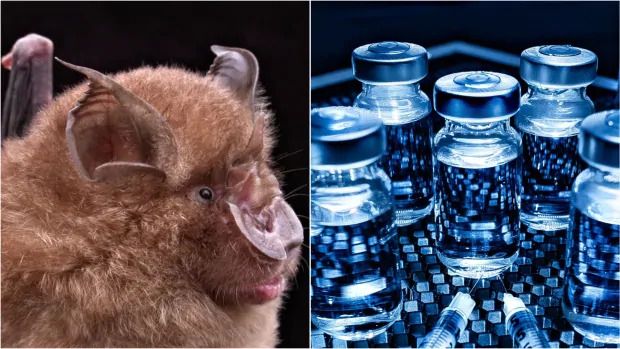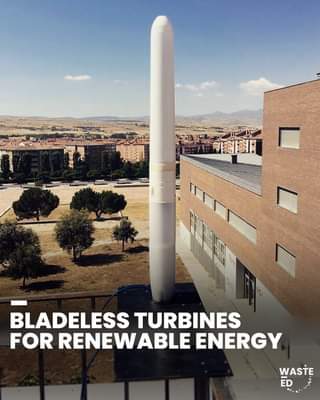Many researchers are already working on developing vaccines for the next pandemic, even though they don’t know what it will be. (Craig Chivers/CBC.
When the next coronavirus pandemic hits, scientists plan to already have a vaccine against it, no matter what it is. But how is that possible? Here’s what they’re doing now to develop vaccines against emerging viruses and future variants of COVID-19.









